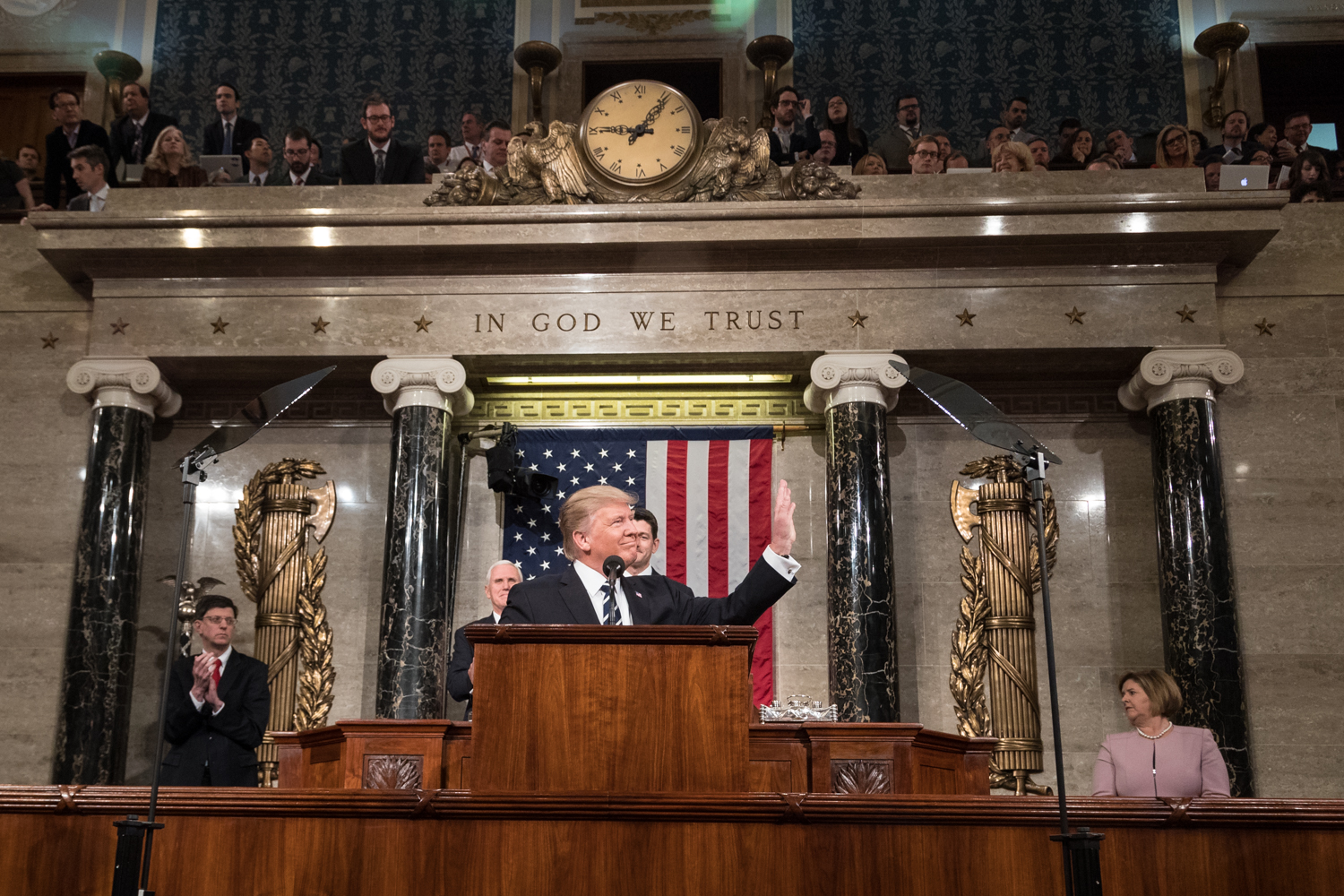UMD’s positions on Macedonia’s right to its name can be found by clicking HERE.
Date:
11 December 2017
Attn:
His Excellency Donald Trump
President of the United States
The White House
1600 Pennsylvania Avenue NW
Washington, DC 20500
Your Excellency,
We call on you as Macedonians and scholars, as people who are concerned for their home country, the Republic of Macedonia. Considering your pledge to respect and support the sovereignty of all nations, we ask you to turn your attention to the fundamental issues in the dispute which puts our very name in jeopardy.
According to the United Nations Security Council resolutions the point of the talks between the Republic of Macedonia and the Republic of Greece is to overcome the differences over the name of our country. These talks, which have been going on for two and a half decades, would ideally have represented the arguments of the two sides – counter Greek arguments to the Macedonian arguments, allowing that the issue is cleared up.
But, in fact, the height of Greek intransigence on the issue was recently expressed by the Greek President Pavlopoulos, when he said that the very use of the word “Macedonia” in the official name of our country, represents irredentism. Pavlopoulos presupposes that Macedonia has territorial claims on Greece and is taking over the cultural heritage of the ancient nation of Macedonia, which, Pavlopoulos believes, belongs exclusively to Greece.
Greece’s position towards Macedonia goes back to the Bucharest treaty in 1913, when parts of the region of Macedonia were given to Greece, leading to the expulsion of Macedonians, and Greek refusal to recognize the existence of the Macedonian minority. Even today, the Greek Government refuses to accept the human rights of the Macedonian national minority that lives in this country.
In the spirit of good will, Macedonia made a number of concessions, to show that it harbors no irredentist claims. Between 1992 and 1995 Macedonia changed its state flag, which symbolized the Sun of Vergina, and also amended its Constitution to clearly state that it has no territorial claims toward its neighbors and will not interfere in the sovereign and domestic issues of neighboring states.
On its part, Greece obliged itself, with the 1995 Interim Accord, to recognize Macedonia under an interim reference name, “the former Yugoslav Republic of Macedonia”, to normalize relations between the two countries and not to object to Macedonia’s membership in international, multilateral and regional institutions, provided that this interim reference name is used. This has been underpinned by the UN Security Council resolution 817.
Greece proceeded to completely disregard this obligation it undertook when it blocked Macedonia from NATO membership at the 2008 NATO Summit in Bucharest. As a sovereign and independent country, Macedonia wants and has the right to implement its strategic goals. In that line, Macedonia has the right to become a NATO member, and to open EU accession talks, regardless of its name.
A court case in front of the International Court of Justice in the Hague found that the Greek position on Macedonian alleged irredentism is unacceptable on several counts. The court recognized the Macedonians right to self-determination, the right to national uniqueness and to develop a Macedonian consciousness based on the Macedonian history. The court rejected Greek accusations of irredentism and claims on Greek territory. The Hague verdict made all future discussions irrelevant, but Greece still maintains in its positions. Talks to overcome the name issue have continued under UN auspices, with UN appointed mediator Matthew Nimetz.
Even though the talks are held over the internationally used refference, Greece requests that Macedonia changes its own constitutional name, that is in domestic use. Given the statements made by Greek politicians, Greece currently demands that the change of the constitutional name is acompaneid by changes in the derivative pronouns (Macedonian), the name of the Macedonian language, acronyms and abbreviations, brand names and names of traditional farm products. The Macedonian identity, developed over centuries in the heritage of the people, in the language, culture and history, are all put on the chopping block. The name expresses the identity which has developed over centuries in the ethnic territory of Macedonia.
Changing the name of the country means changing the name of the language and all associated names and identifications. It prevents our future national self-identification.
In justification of these requests, Greece constantly goes back to these alleged irredentist drives in the Republic of Macedonia. President Pavlopoulos recently brought this issue to a fever pitch, saying that the very name, Macedonia, represents irredentism, despite the fact that Macedonia has never shown any irredentism claims, without a single incident Greece could point out to.
This has turned the Macedonian name dispute into an absurd issue, especially given the internationally accepted principles of national sovereignty and patriotism as a constructive political approach. The UN charter, which is accepted by all UN members on accession, determines the sovereignty of nations, which gives the Macedonian nation its right to self-determination. We stand in defense of our name, our national heritage, of the Macedonian language and identity. All the presented arguments show that our name is not and cannot be objectionable, the talks are pointless and need to be abandoned.
We thank you for your kind attention, and we hope for a positive response.
Yours sincerely,
Prof. Jovanka Kepeska, PhD
Nenad Mirchevski, journalist, TV ALFA
Cvetin Chilimanov, journalist, MIA
Sotir Kostov, columnist/publicist
Prof. Tanja Karakamisheva Jovanovska, PhD
Aco Stankovski, artist
Prof. Ivanka Vasilevska, PhD
Boris Damovski, producer/director
Prof. Marija Emilija Kukubajska, PhD
Eftim Kletnikov, poet
Ljupco Cvetanovski, journalist TV ALFA
Contact:
Jovanka Kepeska
jovankakepe@gmail.com

